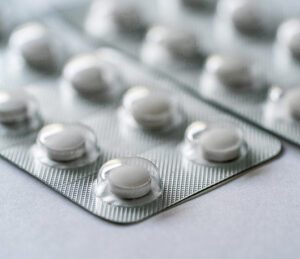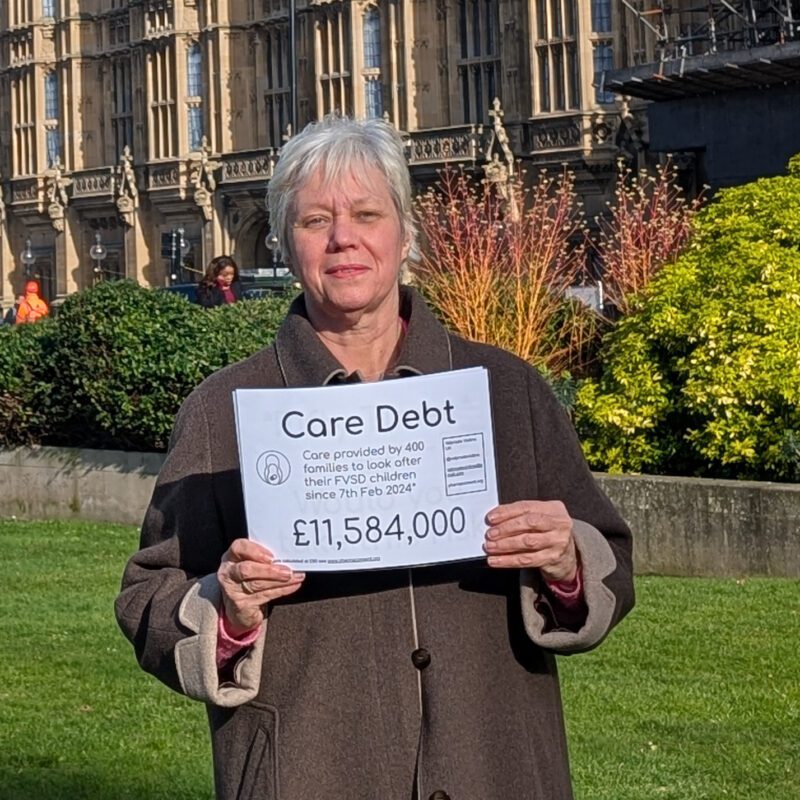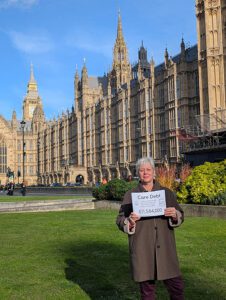 Families harmed by exposure to valproate during pregnancy “can’t wait any longer”, says charity Epilepsy Action on the one-year anniversary of The Hughes Report which set out the case for a redress scheme.
Families harmed by exposure to valproate during pregnancy “can’t wait any longer”, says charity Epilepsy Action on the one-year anniversary of The Hughes Report which set out the case for a redress scheme.
On 7 February, 2024, Dr Henrietta Hughes published her report, ‘Options for redress for those harmed by valproate and pelvic mesh’, setting out her proposal for financial and non-financial redress for families harmed by these treatments.
Valproate is a commonly prescribed epilepsy medication, but it carries risks to unborn babies if taken during pregnancy. These risks were not communicated to women with epilepsy over many years. While now stricter rules have been put in place for women and men being prescribed valproate, the decades of poor communication before that have resulted in many families harmed by the medication.
The government has said it is “carefully considering” the options set out in the report. A new service is also being piloted in the north of England offering support to people affected by epilepsy medications while they were in the womb.
However, Epilepsy Action’s director of health improvement and influencing, Alison Fuller, says affected families deserve more.
She said: “It’s been a year since The Hughes Report led by the Patient Safety Commissioner on redress options for people harmed by sodium valproate and pelvic mesh.
“For the first time, the report set out the options to provide redress for people harmed by sodium valproate, when risks weren’t communicated effectively. These families are struggling immensely, not just from an emotional standpoint, but from a financial one, too. They have been for decades. They simply can’t wait any longer.
“Yet, a year on, we still have no clear timeline for a response to the recommendations. We’re aware the government has acknowledged it and committed to considering it. But the people affected deserve more than that. Way more.”

“Fragile, harmed and vulnerable”
Susan Cole, founder of Valproate Victims, protested outside Parliament on 5 February, asking for the ‘Care Debt’ to be repaid to affected families.
She said in the past year, 4,000 families have had to provide care for affected family members worth £115 million – around £80 a day. She says the taxpayer shouldn’t be paying for the support the families need. “A range of organisations have failed to protect us, failed to be honest with us about the risks that we took. They should all have to reach into their pockets to compensate our children.”
Sodium valproate has been linked to an increased risk of birth defects, including spina bifida, facial and skull malformations, and hearing issues, as well as problems with learning and development.
Susan added that without full support, families can’t move forward. “Personally, I have two girls affected, and they’ve had to witness this struggle first hand. They’re as bewildered and stressed as I am, and I imagine that applies to every young person affected, and their siblings.
“How does it feel to know that you might not be able to have children? How does it feel to have to go to one hospital appointment after another with no joined-up support and staff asking the same questions again and again? Being excluded at every turn?

“How must it feel when they have to explain their diagnosis to a doctor? Many have been physically harmed or have neurodevelopmental disorders – but how do you feel when your face has been altered to the extent that you don’t look like your sister?
“And how does it feel when you know that all this pain and suffering was absolutely avoidable?
“Nobody’s reaching out to our young people and made them feel supported and it’s time the government considered what they’re doing to these fragile, harmed and vulnerable young people by not responding and kicking this into the long grass for decades.”
“Much more needs to be done”
Alison added: “We have campaigned with political figures and representatives to put this issue on their radar and push for real, significant and timely change. One of the key aspects we have highlighted to them is the need to ensure any redress scheme is co-ordinated centrally, providing equal access for residents across the whole of the UK.
“There has been some movement, but much more needs to be done. And quickly. These families can’t wait any longer.”
Epilepsy Action stresses that it is crucial that women do not stop taking their epilepsy medicines without talking to a doctor or healthcare professional first, as this could be harmful to them and any unborn babies.
We are asking supporters to write to your MP, asking them to support calls for the government to introduce a compensation scheme. You can download the attached letter and find out who your local MP is here.

